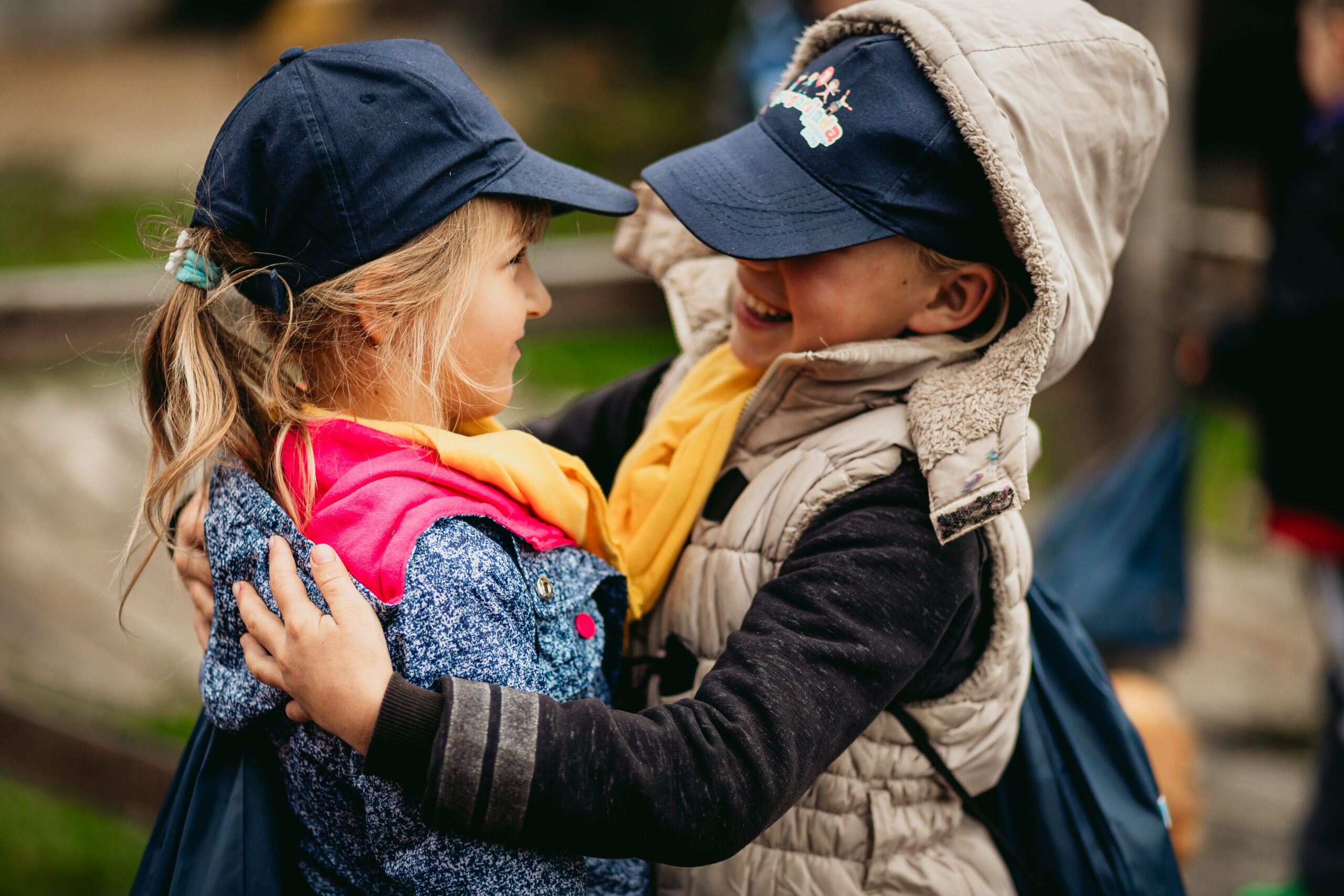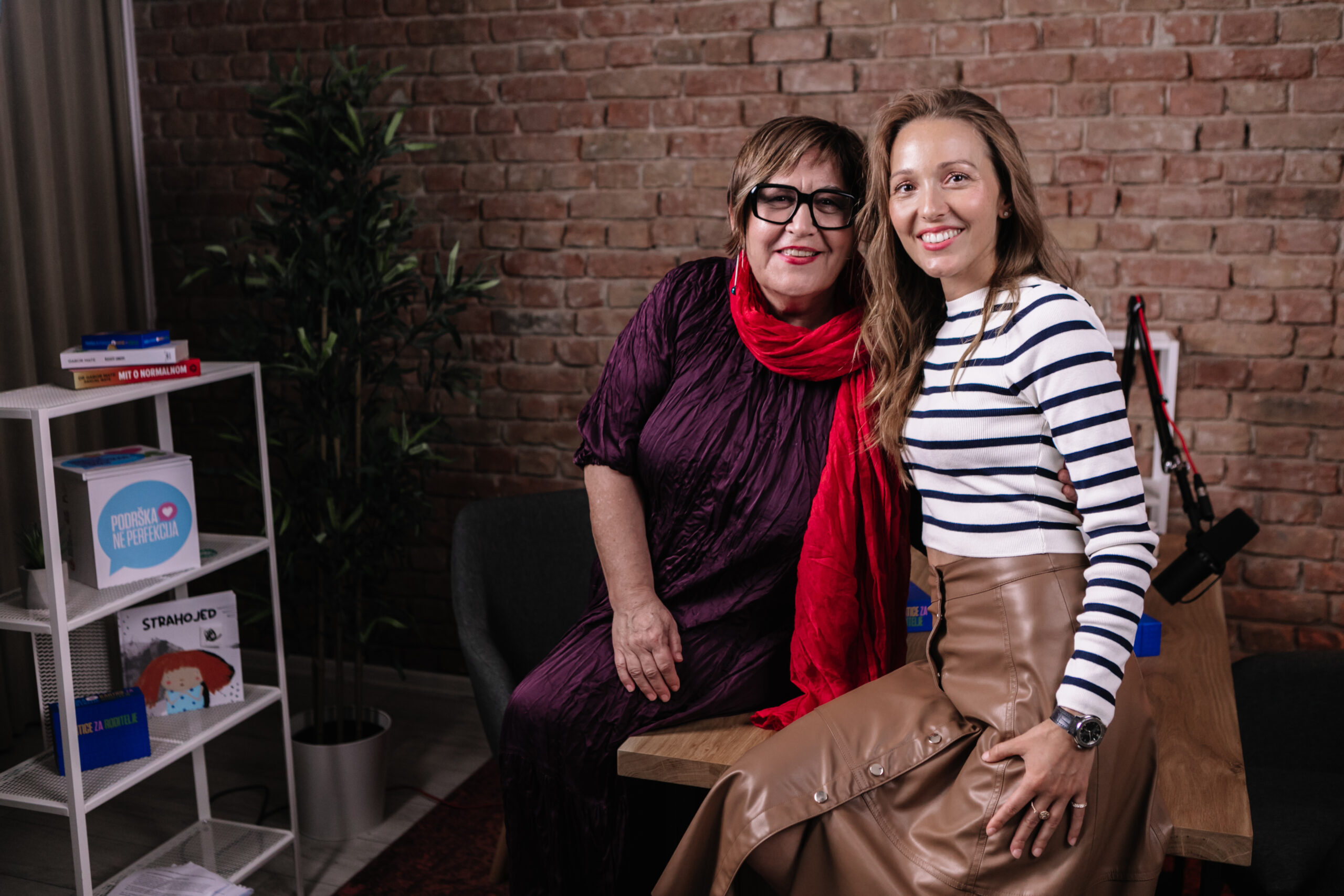In this blog post, we will explore five benefits of allowing children to be their true selves and to express themselves freely in friendships, from a very young age.
„If you have two friends in your lifetime, you’re lucky. If you have one good friend, you’re more than lucky.“ (Hinton, 1997)
Even though parents have the greatest impact on early childhood development, friends’ influence on children’s mental and physical health should not be overlooked. Kids form their earliest friendships in their pre-school years and those friendships impact the way children are with their peers in later years. Childhood friendship gives children the opportunity to learn about themselves and others and develop cognitively and emotionally in a social world. Although intrinsically and intuitively we recognize the benefits of meaningful relationships in our lives, as parents and educators we also need to be conscious of the ways our own behavior can impact the friendships and attachments our children establish. For instance, at Powell Elementary School in Washington DC, faculty ensures that children are placed in classes with peers they enjoy interacting with. Otherwise, children cannot feel comfortable and valued in the classroom. Faculty recognizes that there is no single formula for friendship since we all thrive socially in different ways. Nevertheless, recognizing that we are all different and we all develop relationship skills differently will allow us to teach children how to cultivate deep and meaningful friendships in their lives. In this blog post, I will explore five benefits of allowing children to be their true selves and to express themselves freely in friendships.
-
Helps children feel loved
Other than the love received from parents, children also need love from their peers. Being able to engage in conversation with their parents encourages children to communicate their emotions and concerns with others and feel more accepted and less isolated. When children feel compassion from their peers, they are also more likely to develop self-confidence which will allow them to be successful in all aspects of life. Although everyone has a different definition of happiness, feeling accepted and loved among our peers increases our well-being, and so it is with our children. And, despite happiness often, if not in most cases, being affected by the outside world, it can also be affected by the inner world. Thus, it is also important to teach children how to derive love and happiness toward themselves and others from their own hearts and souls so that they respect themselves and others. This will allow us to live in a more peaceful world.
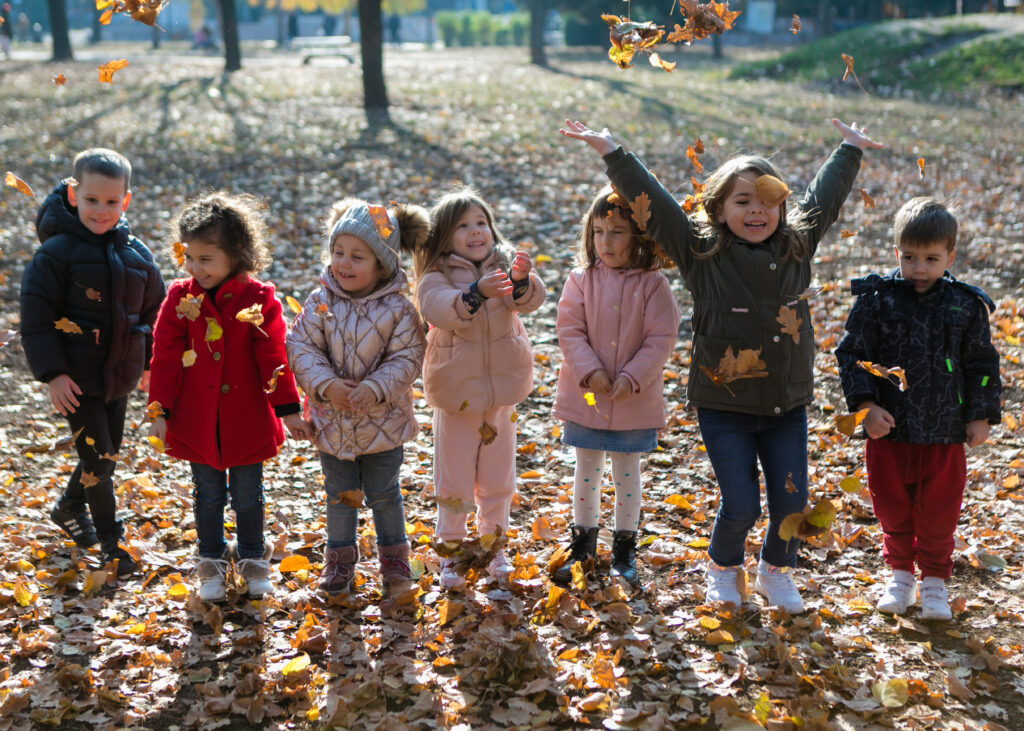
Do you remember your first childhood friendship? Now that we reminded you, what’s that smile on your face?
-
Helps children develop mutual trust
Research has shown that friendship is based on reciprocity. It cannot exist within only one person’s actions, but it must also include mutual choice and understanding. A genuine friendship requires two people to like and select each other. We often list qualities, such as affection, trust, companionship, and commitment as those we look for in friendships. Other than friendships being reciprocal, we want them to help us feel supported and respected. Friendships developed in pre-school years help children learn how to give by sharing lunch, toys, and books. Still, my observation and experience have been that the most important sharing is through conversations. Connections, which are based on material objects, often appear true, while they may not be. It is important to teach our children to develop friendships and relationships which transcend the material because those relationships will stand the test of time and will allow children to feel valued and loved for their true selves in later stages of their lives.
-
Helps children learn teamwork
Classroom activities in pre-school years teach children to make teams with their peers and play together freely. Those activities allow children to interact with others of their age group, build a community, and navigate different social situations. Additionally, they provide children the tools to recognize different social situations and respond appropriately to outside circumstances. Teamwork in the classroom can happen passively and unobtrusively by just arranging furniture so that children can interact and placing children in groups when completing an activity or assignment, or it can happen in more conscious ways, such as placing children in groups with peers they get along with. Researchers have developed guides which educators can use to promote listening, cooperation, learning about others, and sharing about oneself. The acquisition of such skills in non-threatening classrooms are crucial for classroom friendships and for friendships beyond the classroom.
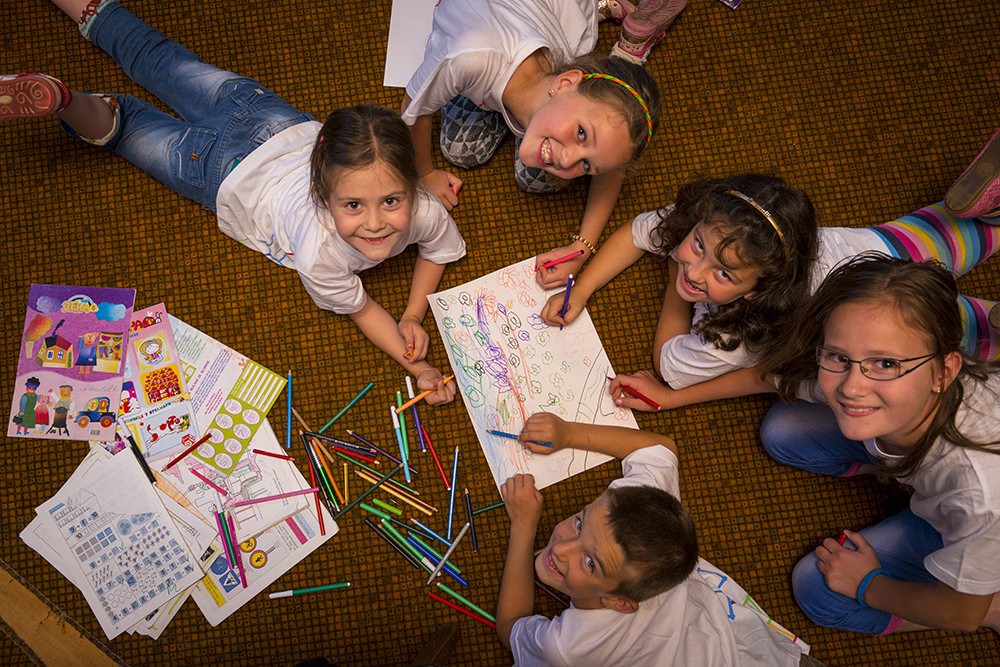
Creativity and imagination also enable children to come up with solutions to different problems and become more independent and less reliant on others.
-
Helps children develop their creativity
When playing with friends, children often do role-play, such as acting as a doctor, teacher, lawyer, and so on. Those activities give children the opportunity to develop their imagination and creativity which are both a door to endless possibilities. Outside-the-box thinking helps children choose a career and grow in that career later in life. Creativity and imagination also enable children to come up with solutions to different problems and become more independent and less reliant on others. Imaginative and hard-working children will grow up to be imaginative and hard-working adults who can take responsibility for their actions, communicate maturely, and value their own and others’ well-being.
-
Helps children deal with adverse life situations
Finally, having a stable and secure support system will help children deal with adverse life situations. Every friendship has its ups and downs with which we grow and start seeing the world more objectively. Quarrels over toys, games, and books allow children to deal with adversity and disagreement in their pre-school years. Such quarrels should not worry parents as they don’t necessarily mean that their children will have behavioral problems. Fighting between friends during pre-school years is a normal part of the process of growing up. Nevertheless, parents can help children in such situations by listening to their children’s side of the story, introducing ideas to resolve the conflict, and explaining the benefits of resolving the conflict. In those situations, both parents and children grow and build their muscle to deal with adverse life situations.
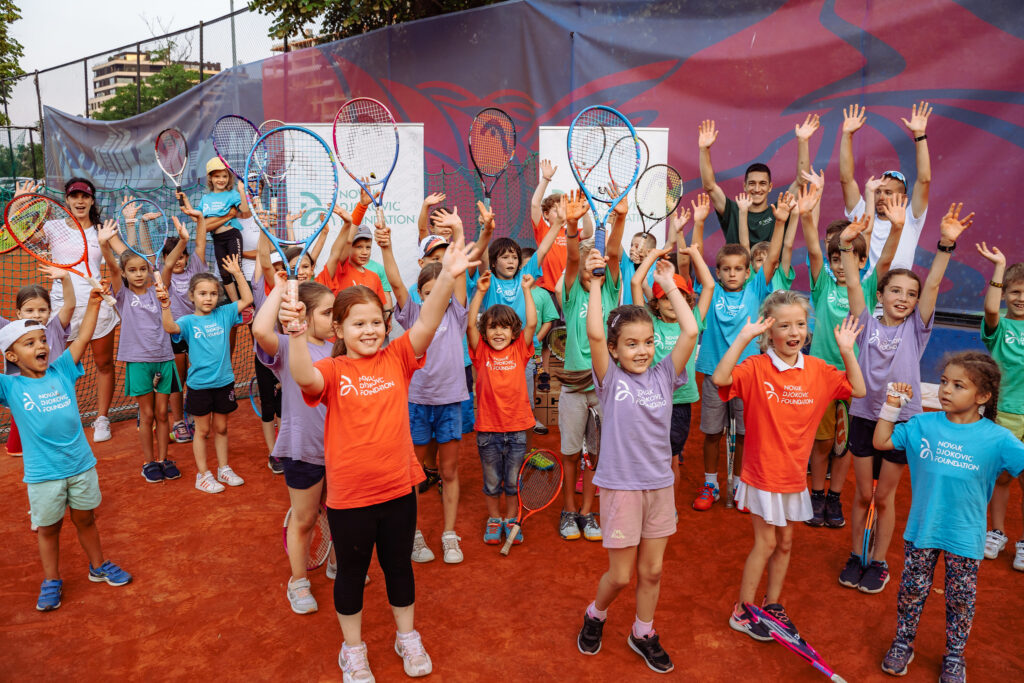
If we live in our hearts, we can teach our children to live in their hearts and love and nurture the world around them.
I believe that we as educators and parents have a responsibility to instill the proper value system in children which will allow them to accept themselves and others for who they are and will ensure respectful and loving behavior toward others. If we live in our hearts, we can teach our children to live in their hearts and love and nurture the world around them. As for me, I still keep in touch with my best childhood friend. We spent our kindergarten and high school years together. We shared our dreams, helped each other out throughout the years, and saw each other grow. She is surely one of the best people I have ever met, and I am happy to still have her in my life.
About the author: Christina Lalova was born in Bulgaria and moved to the United States eight years ago. She graduated from Drexel University with a bachelor’s degree majoring in Finance and Accounting. She is currently pursuing a Ph.D. in Finance at the University of Connecticut. Her professional interests are in the areas of environmental finance, ethical investing, education and development economics. Her hobbies include cooking and tennis.

